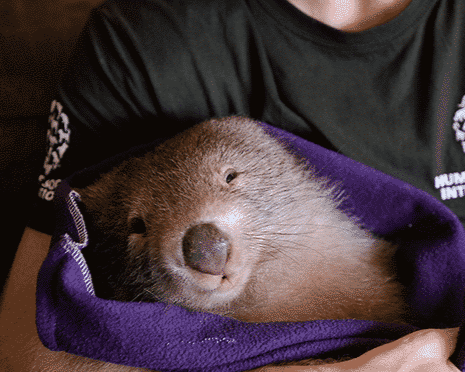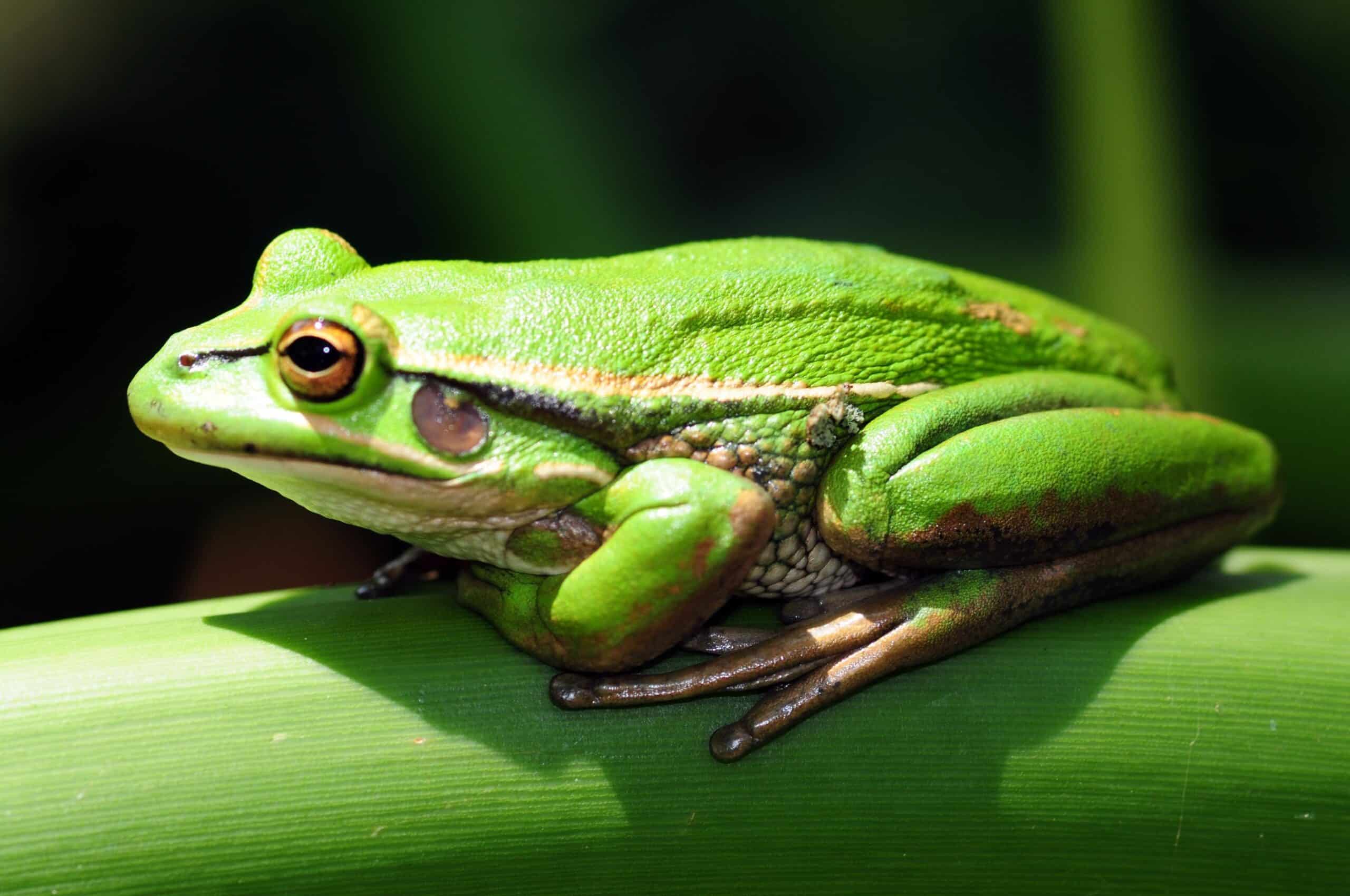Australia’s native animals are protected by law — but that protection comes with caveats. Across every state and territory, permits are routinely issued that allow property owners to kill native wildlife. Known in many jurisdictions as “damage mitigation permits,” these licences have quietly sanctioned the deaths of millions of animals...
Governments around the world are being urged to agree to a permanent, global end to fur farming to prevent future pandemic outbreaks like SARS-CoV-2. Humane Society International has written to Federal Agriculture Minister David Littleproud with a comprehensive White Paper on fur farms and zoonotic disease, urging him to protect public and human health by supporting a global fur farming ban. Minister Littleproud has been outspoken about the need to address the zoonotic disease risks associated with wildlife trade supply chains. HSI in Canada, Germany, Italy, India, South Africa, the United Kingdom and the United States have also appealed to their respective governments.
HSI’s global call to world leaders comes in the wake of more than 400 outbreaks of SARS-CoV-2 on mink fur farms in the Netherlands, Denmark, Poland, Lithuania, Greece, Spain, Sweden, France, Italy, Latvia, the United States and Canada.
While some governments, such as the Netherlands and Hungary, have taken decisive action to stop mink fur farming in their jurisdictions, and 14 countries globally have banned fur farming, many tens of millions of mink, foxes and raccoon dogs — all species susceptible to COVID-19 — continue to be intensively reared on fur factory farms across Europe, China, Russia and North America.
Intensively rearing and killing millions of mink, raccoon dogs, foxes, and other fur-bearing animals on fur factory farms represents a public health risk because of the potential of fur farms to act like petri dishes for novel pathogens. It is foolish not to remove this risk of future zoonotic diseases for the sake of the frivolous fur fashion industry. We are asking the Australian Government to push for an urgent global end to fur farming when advocating for comprehensive pandemic prevention strategies at international meetings.
Research using whole genome sequencing has revealed that at least 66 people working on mink fur farms have become infected with SARS-CoV-2 in rare, but concerning, cases of animal-to-human disease transmission. It has further been shown that infection in mink can lead to mutations of the spike-proteins which, if transmitted to human populations, could potentially risk undermining the efficacy of vital vaccines.
Footage taken on fur farms in countries all over the world, consistently expose evidence of poor welfare conditions. Fur industry certification schemes do not meaningfully improve animal welfare, nor satisfactorily address disease risk potential.
Fur Farm Facts:
- Outbreaks of COVID-19 have been documented on 427 mink fur farms in 12 different countries in Europe and North America since April 2020, including Canada (3 farms), Denmark (290 farms), France (1 farm), Greece (23 farms), Italy (2 farms), Latvia (1 farm), Lithuania (4 farms), Netherlands (69 farms), Poland (1 farm), Spain (4 farms), Sweden (13 farms) and the United States (16 farms).
- More than 100 million animals are killed for their fur every year worldwide, including mink, foxes, raccoon dogs, chinchillas and rabbits—that’s equivalent to three animals dying every second, just for their fur.
- Fur farming has been banned and/or is in the process of being phased-out in Austria, Belgium, Bosnia-Herzegovina, Czech Republic, Croatia, Estonia, Germany, Macedonia, the Netherlands, Norway, Luxembourg, Serbia, Slovakia, Slovenia and the United Kingdom. Most recently the government in Hungary declared a ban on the farming of animals for fur including mink and foxes. In France a ban on mink fur farming is currently progressing through parliament, and the Irish government has made a commitment to bring forward legislation in 2021.
- Bulgaria, Estonia, Lithuania, Montenegro and Ukraine are also presently considering bans on fur farming, and in Finland the majority party of the coalition government recently announced its support for a ban on fur farms.
Since the emergence of COVID-19, HSI has produced a series of White Papers on the zoonotic disease risks associated with animal industries and trade:
HSI White Paper: Fur Farming, COVID-19 and Zoonotic Disease Risks, May 2021
HSI White Paper: Wildlife Markets and COVID-19, April 2020
Nicola Beynon, Australia Head of Campaigns, has argued the case against trading in wildlife for over two decades and has successful campaigned for different species to be protected from trade at many conferences of the UN Convention on International Trade in Endangered Species.
Image: Jo Ann McArthur


